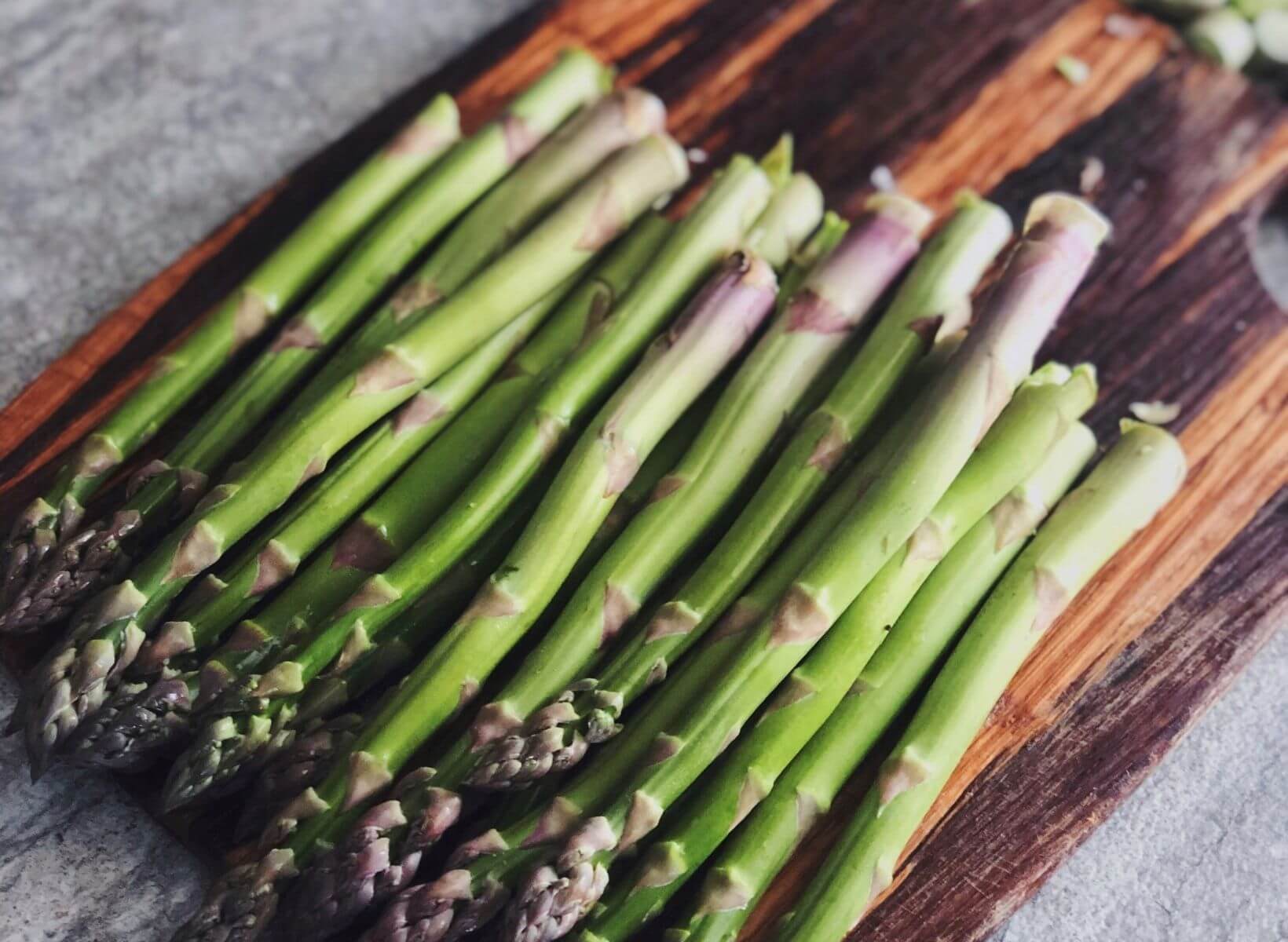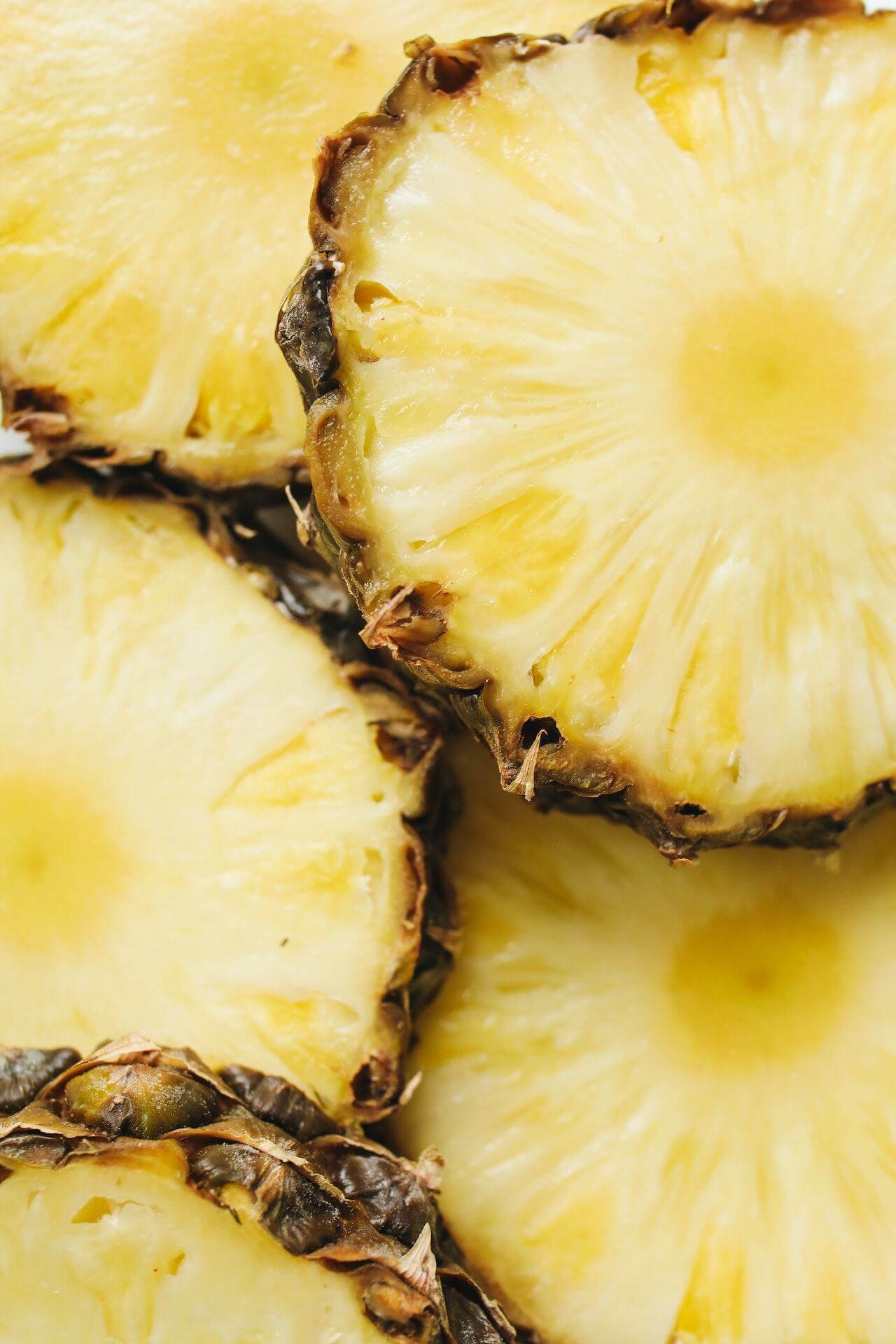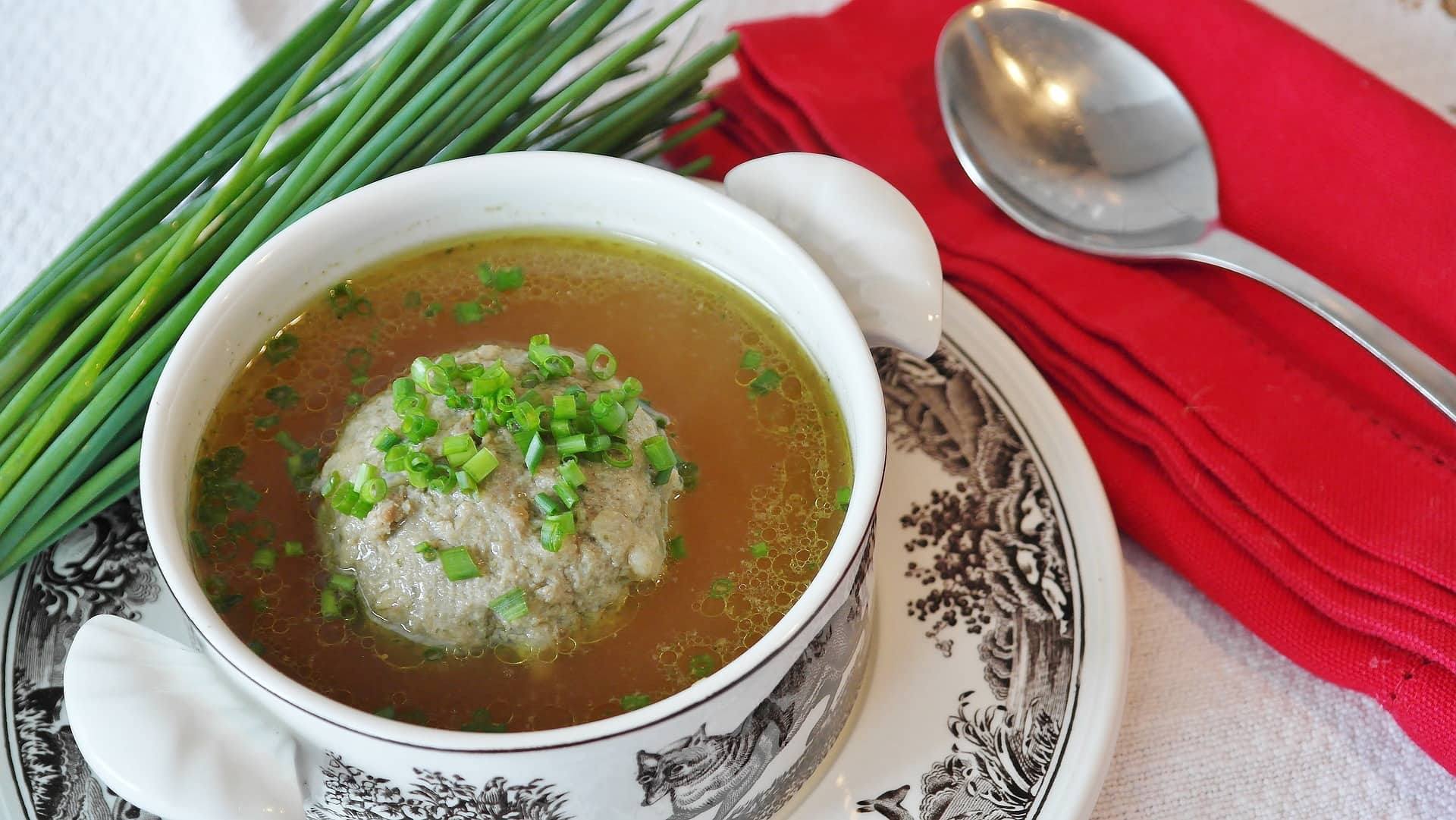Everyone’s familiar with macronutrients like protein and fat and micronutrients like vitamins and minerals, but what about phytonutrients? Phytonutrients (or phytochemicals) are compounds produced by plants that protect them from bacteria, viruses, and fungi. In addition to supporting plants, these substances can have impressive health benefits for humans.
One of the most remarkable phytonutrients for supporting optimal health is quercetin. This mighty substance has potent antioxidant and anti-inflammatory effects and has been shown to reduce the risk of cardiovascular diseases, metabolic disorders, and certain types of cancer.1
This article will explain how quercetin can positively impact your health, highlight foods with the highest concentration, and share what you need to know about quercetin supplements.
{{mid-cta}}
What is Quercetin?
Quercetin is a phytonutrient from the flavonoid family. Compounds in this category have rich antioxidant properties; quercetin is no exception. By inhibiting oxidation reactions, quercetin can protect cells and help prevent chronic diseases.1 It’s among the most abundant phytochemicals in fruits, vegetables, nuts, tea, and red wine.
Quercetin vs. Rutin: What’s the Difference?
Quercetin and rutin are both phytonutrients that fall into the subclass of flavonol. Their molecular structures are similar, with rutin consisting of a quercetin molecule bound to a rutinose sugar compound.
The gut microflora metabolizes the rutinose compound upon digestion, releasing the quercetin molecule.2 Studies have shown that rutin and quercetin have different pharmacological actions in the body, suggesting that the rutinose sugar portion of the rutin molecule offers protective effects.3
Health Benefits of Quercetin
Incorporating foods rich in quercetin into your diet is a simple step to improve your health significantly. Quercetin has been shown to offer the following health benefits:
Combats Inflammation
Quercetin inhibits inflammatory enzymes like cyclooxygenase-2 (or COX-2), which reduces compounds called prostaglandins responsible for inflammation and pain in the body.1
Interestingly, ibuprofen (Advil or Motrin) also inhibits COX-2, so quercetin has the same mechanism as these over-the-counter medications.
Protects Against Cancer
In addition to pain and inflammation, the COX-2 enzyme has also been found to promote breast cancer tumor growth. By suppressing the expression and activity of COX-2, quercetin offers protection against breast cancer.4
Quercetin has also demonstrated impressive effects against colon and prostate cancer.1
Supports Heart Health
Quercetin inhibits platelet aggregation, reducing the risk of stroke. It has also been shown to reduce the risks of heart disease and lower blood pressure by relaxing arterial walls and optimizing cholesterol levels.1
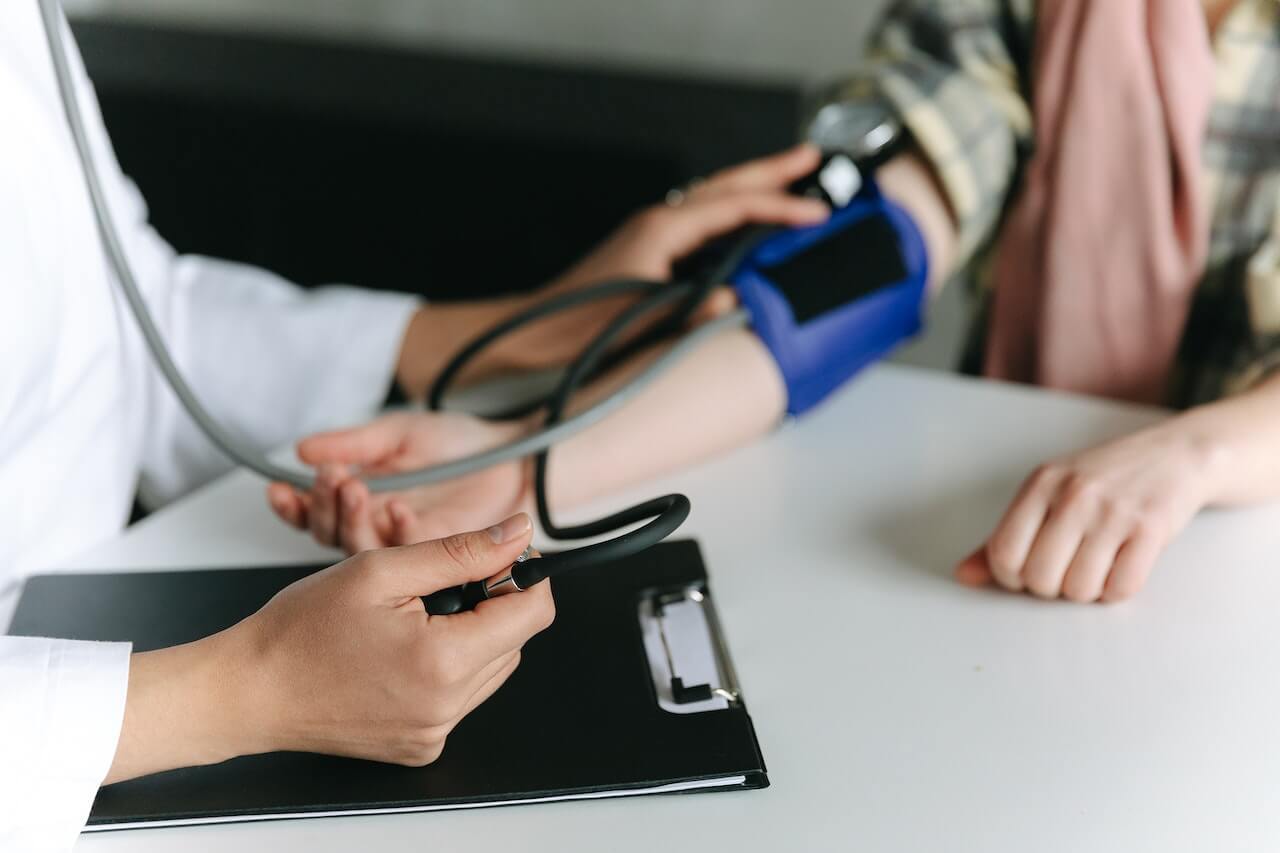
Prevents Weight Gain
This powerful flavonoid can prevent fat cell production and increases fat cell apoptosis (cell death). Additionally, it can help improve glucose levels, reducing the risk of diabetes and obesity.5
Boosts Brain Health
Quercetin can protect brain cells against oxidative stress and reduce neuroinflammation. Research suggests that quercetin’s antioxidant properties can help protect individuals against degenerative brain disorders, such as Alzheimer’s disease and dementia.1
It is also associated with enhanced memory, learning, and cognitive functions.1
Reduces Allergies
Spring weather got you sneezing? Quercetin can help! Quercetin acts as a natural antihistamine, decreasing the release of histamine from mast cells. It’s been shown to be specifically effective against allergen-induced asthma and bronchitis.1
Is Quercetin Safe?
You should not take quercetin if you have any history of chronic kidney disease or kidney problems. Quercetin may interact with certain antibiotics, blood pressure medications, blood thinners, and other drugs. Always talk to your doctor before starting any new supplements.
When it comes to over-the-counter supplements, there is no FDA oversight. This means there is no guarantee around the quality, purity, or potency, and what’s indicated on the label may not be what you’re getting. It’s a good idea to talk to your healthcare provider about what supplement brands they recommend and what supplements are right for you.
11 Foods High in Quercetin
Below are the foods to focus on if you want to incorporate more quercetin into your diet. It may surprise you that capers are the richest known natural source of quercetin.
Fruits (mg of quercetin/100g of food)6
- Cranberry (25mg)
- Cherries (17mg)
- Blueberry (15mg)
- Apples (4mg)
Vegetables
- Fennel (47mg)
- Onions (45mg)
- Chili peppers (33mg)
- Kale (23mg)
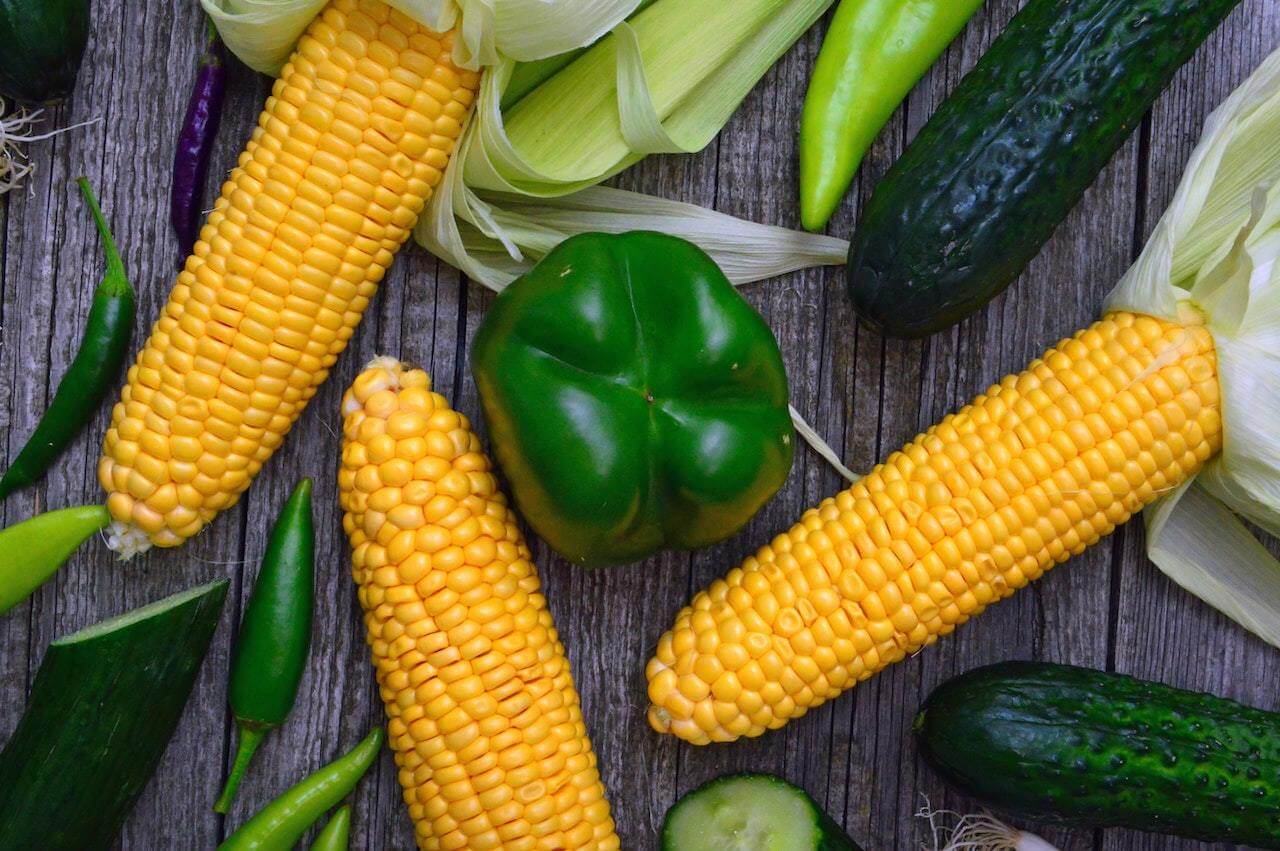
Other foods:
- Capers (365mg)
- Red wine (3mg)
- Black tea (2mg)
- Buckwheat (5mg)
Quercetin Supplements
Focusing on a whole foods diet rich in colorful fruits and vegetables should be the primary way to get phytonutrients like quercetin; however, using high-quality supplements can also help. Supplements will have a much higher concentration of quercetin than what you would find in a typical meal, which means you can reap more benefits.
Other Supplements That Pair Well With Quercetin
Other micronutrients can enhance quercetin, so it’s best to get it the way it’s packaged naturally - in foods! The following dietary supplements can work synergistically with quercetin:
Vitamin C
Vitamin C and quercetin work together to produce strong antiviral effects, offering optimal immune system support.8
Zinc
Zinc is known for its powerful immune-boosting effects, and quercetin may help increase the body’s absorption of zinc.
How Much Quercetin Should You Take?
There is little data on the long-term effects of taking quercetin supplements, but it has been shown to be safe when taken up to 1,000mg per day for 12 weeks.7
Overdoses in humans have not been documented, but no one can definitively say how much of this compound may veer into unsafe territory.
Discussing your quercetin intake with a healthcare professional before adding supplements into your routine is highly recommended.
Learn More About Health and Healthy Nutrition with Signos’ Expert Advice
Signos incorporates cutting-edge research and the proven power of continuous glucose monitoring to help you lose weight and reach your health goals. Not sure if Signos is right for you? Take this quiz to find out! Interested in learning more about nutrition and healthy eating habits? Check out more articles on our blog.
- Item 1
- Item 2
- item 3
Topics discussed in this article:
References
- Anand David AV, Arulmoli R, Parasuraman S. Overviews of Biological Importance of Quercetin: A Bioactive Flavonoid. Pharmacogn Rev. 2016 Jul-Dec;10(20):84-89. doi: 10.4103/0973-7847.194044. PMID: 28082789; PMCID: PMC5214562.
- Jaganath IB, Mullen W, Lean ME, Edwards CA, Crozier A. In vitro catabolism of rutin by human fecal bacteria and the antioxidant capacity of its catabolites. Free Radic Biol Med. 2009 Oct 15;47(8):1180-9. doi: 10.1016/j.freeradbiomed.2009.07.031. Epub 2009 Aug 6. PMID: 19647790.
- Domitrović, R., Jakovac, H., Vasiljev Marchesi, V. et al. Differential hepatoprotective mechanisms of rutin and quercetin in CCl4-intoxicated BALB/cN mice. Acta Pharmacol Sin 33, 1260–1270 (2012). https://doi.org/10.1038/aps.2012.62
- Xiao X, Shi D, Liu L, Wang J, Xie X, Kang T, Deng W. Quercetin suppresses cyclooxygenase-2 expression and angiogenesis through inactivation of P300 signaling. PLoS One. 2011;6(8):e22934. doi: 10.1371/journal.pone.0022934. Epub 2011 Aug 8. PMID: 21857970; PMCID: PMC3152552.
- Ahn J, Lee H, Kim S, Park J, Ha T. The anti-obesity effect of quercetin is mediated by the AMPK and MAPK signaling pathways. Biochem Biophys Res Commun. 2008 Sep 5;373(4):545-9. doi: 10.1016/j.bbrc.2008.06.077. Epub 2008 Jun 27. Erratum in: Biochem Biophys Res Commun. 2011 Jan 7;404(1):579. PMID: 18586010.
- Dabeek WM, Marra MV. Dietary Quercetin and Kaempferol: Bioavailability and Potential Cardiovascular-Related Bioactivity in Humans. Nutrients. 2019 Sep 25;11(10):2288. doi: 10.3390/nu11102288. PMID: 31557798; PMCID: PMC6835347.
- https://www.webmd.com/vitamins/ai/ingredientmono-294/quercetin
- Colunga Biancatelli RML, Berrill M, Catravas JD, Marik PE. Quercetin and Vitamin C: An Experimental, Synergistic Therapy for the Prevention and Treatment of SARS-CoV-2 Related Disease (COVID-19). Front Immunol. 2020 Jun 19;11:1451. doi: 10.3389/fimmu.2020.01451. PMID: 32636851; PMCID: PMC7318306.





